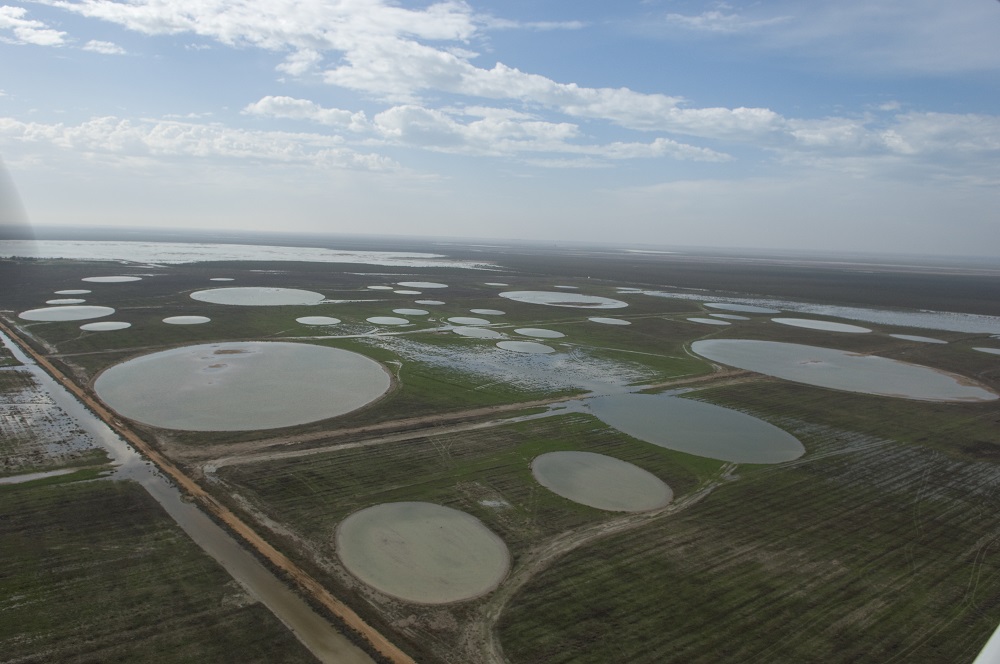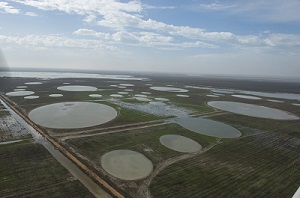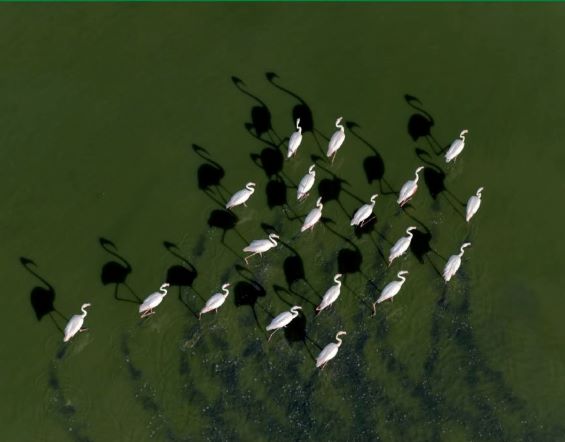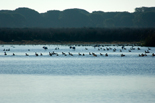Ecological restoration of aquatic ecosystems has become widespread in recent decades to reverse wetland losses and to mitigate biodiversity losses worldwide. Whereas the recovery of biodiversity in restored wetlands has been studied from a taxonomic perspective, our knowledge of how functional biodiversity recovers remains poorly understood. Functional diversity represents the variety of morphological, physiological and phenological traits (e.g. body size; life history characteristic; feeding habits) within communities. Since functional traits determine the response of organisms to environmental changes and their effects on the system, linking biodiversity, ecosystem functioning and environmental constraints, they are ideal for assessing the effects of restoration.
In a new study from the Doñana Biological Station - CSIC, a scientific team has studied the functional diversity of macroinvertebrate communities in 32 Mediterranean temporary ponds six to seven years after their creation during restoration in Doñana, and compared them with 10 natural reference sites during two consecutive hydroperiods. Researchers compared different aspects of functional diversity, and investigated the influence of environmental and spatial variables on the dissimilarities of functional diversity between new ponds and reference sites.
New ponds did not reach functional equivalency to natural wetlands within 7 years from restoration. However, their diverse spatial configuration and environmental characteristics allow them to support a different functional composition from reference sites. Even though the contribution of new ponds to the regional functional diversity was similar to reference sites, this resulted from different processes.
These results highlight the value of using trait-based approaches to identify trends in processes and patterns that can guide future wetland restoration projects.
Reference:
Coccia, C., Almeida, B., Green, A.J., Gutiérrez, A., Carbonell, J.A. 2021. Functional diversity of macroinvertebrates as a tool to evaluate wetland restoration. Journal of Applied Ecology http://doi.org/10.1111/1365-2664.14038
http://doi.org/10.1111/1365-2664.14038


 Evaluando la restauración de humedales a través del estudio de la diversidad de rasgos funcionales de macroinvertebrados
Evaluando la restauración de humedales a través del estudio de la diversidad de rasgos funcionales de macroinvertebrados

